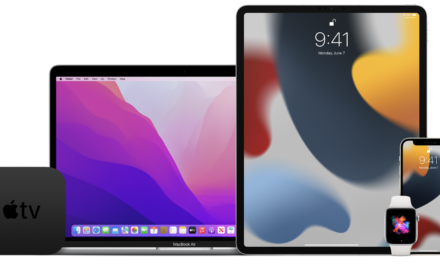A survey conducted by the he Enterprise Desktop Alliance (http://www.enterprisedesktopalliance.com) — an organization to help IT departments integrate Macs into the corporate environment — showed that Apple Xserve owners are considering a wide range of options in response to Apple’s announcement on Nov. 5 it was ending the shipment of the Xserve hardware platform on Jan. 31, 2011.
Sixty-five percent of respondents expect to stay with their current Xserves for at least the next two years. When the time comes to replace the Xserve, over one third will migrate to one of Apple’s recommended alternative platforms, the Mac Pro and Mac mini, which can both run Apple’s OS X Server software.
Nearly as many people were unsure what solution they would choose for many of the services they currently run on an Xserve. A plurality of Xserve owners believes that the transition from the Xserve will not be more expensive than staying with their current system.
The online survey was conducted from Nov. 8-12 and includes responses from 1,200 commercial, government and education users of Xserves who answered questions about their current uses of Xserve and their anticipated timing and plans for transitioning to other hardware.
The most popular use of the Xserve — 90% of all classes of organizations — was as a file server. Of the top 10 uses for the Xserve eight were services that provide management support for the Mac desktops and laptops in their organization. These include software update, directory services, workgroup manager, client management and related centralized administrative functions. Beside file server, the only other non-administrative use in the top 10 was as a web server.
“The Enterprise Desktop Alliance conducted this survey to provide an objective view of the services that organizations in each market segment operate on the Xserve today and how those organizations plan to deliver the services in the future,” says T. Reid Lewis, president of Group Logic, a founding member of the Enterprise Desktop Alliance. “We want to help IT professionals make the best choices for their organizations arming them with an aggregate view of the plans of their peers.”
When asked how long they expect to keep their Xserves, the plurality (36%) of the respondents plan to keep their Xserves “as long as the fan keeps turning” and another 30% expect to keep using them for at least two years. The remaining 35% think they will transition within one year.
When asked which system they will use once they do retire their Xserves, approximately one third of the organizations indicated that they plan to stay with Mac OS X server software on alternative Mac hardware for their Mac administrative services. However for file services, a plurality said they plan to transition to Windows, and for web servers, to Linux.
Nearly 25% responded that they were unsure which system they would use for most services. “Unsure” was a popular answer to many questions in the survey — frequently the second or third most common choice — and accurately reflects the attitudes of these administrators at the time.
When it comes to the continued purchase of additional Mac laptops and desktops, 70% of the respondents reported no impact on their organizations’ inclination to buy more Macs for users.
“We were surprised by the announcement, but it doesn’t affect our commitment to the Mac,” says Ross Kovelman, manager, Information Technology at The Hobart Group, a marketing firm for Healthcare organizations in managed markets. “We expect to keep our Xserves as long as they are a viable solution and will look at Apple’s server offerings when the time comes.”
The owners of Xserves have a proportionally higher number of Macs than do most organizations. Among the respondents with more than 100 employees, 17% of their laptops and desktops are Macs compared to 4.5% among all organizations their size.
In almost all categories except XSAN replacement, the respondents acknowledged that it would cost the same or less to migrate to another platform. They were especially confident that migrating file services to Windows would be less expensive, though “Not sure” was the most common response for all of the other categories related to costs.
Interested in taking the survey yourself? Go to http://www.surveymonkey.com/s/V8P68F8?c=rel .




